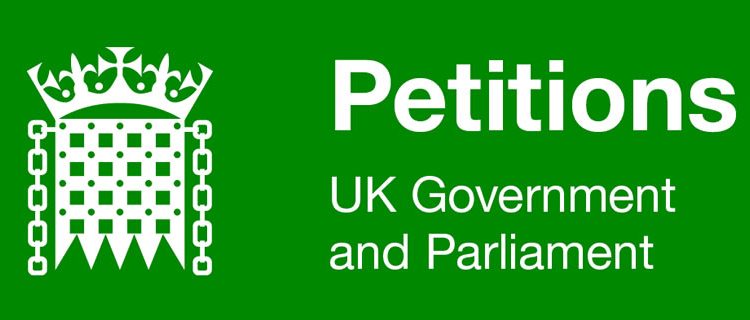Time for another go on getting some decent policy against the surveillance state and against privatised investigatory powers. Here’s my first draft.
Investigatory Powers to be subject to Human Rights Law
Conference notes that the Investigatory Powers Act 2016 legalised the UK intelligence services to collect telecommunication usage data on all UK residents, now ruled as contrary to human rights law.
Conference notes the Immigration Act 2014 and Counter-Terrorism and Security Act 2015 requires numerous private & public sector organisations to collect personal data about their customers, users or charges.
Conference notes that all immigration enforcement data has been exempted from the Data Protection Act 2018.
Conference notes that the Counter-Terrorism and Security Act 2015 places surveillance duties on specified authorities including educational & healthcare institutions.
Conference notes the complete absence from the NPF report 2018 on the surveillance society and the illegal investigatory powers regime introduced by the Tories in 2016.
Conference believes that freedom of expression & thought and the right to privacy are universal human rights and the current surveillance and investigatory powers regime is in breach of these rights.
Conference resolves that a Labour Government will ensure that private and public surveillance technologies and systems will conform to laws that meet the requirements of the European Convention on Human Rights, including a need to prove reasonable suspicion before collecting evidence.
Conference calls on the Labour Party to draw up a Human Rights based policy for the regulation of British Law Enforcement authorities and their investigatory powers. This to include the abolition of Prevent, the repeal of the 2014 Immigration Act and the placing of UK Borders under the auspices of the Data Protection Act.
I’d like to work something about “getitrightfromagenuinesite” in, since that’s allegedly voluntary and yet still surveillance and I should try and work something in on black listing and the public and private sector surveillance of Trade Unions, but the above …
